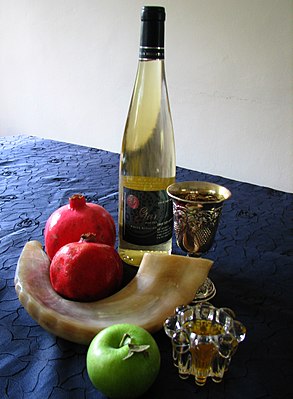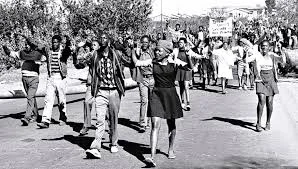Passover or Pesach, is an important, biblically derived Jewish holiday. Jews celebrate Passover as a commemoration of their liberation by God from slavery in ancient Egypt and their freedom as a nation under the leadership of Moses. It commemorates the story of the Exodus as described in the Hebrew Bible, especially in the Book of Exodus, in which the Israelites were freed from slavery in Egypt. According to standard biblical chronology, this event would have taken place at about 1300 BCE (AM 2450).
Passover is a spring festival which during the existence of the Temple in Jerusalem was connected to the offering of the "first-fruits of the barley", barley being the first grain to ripen and to be harvested in the Land of Israel.
Read more














